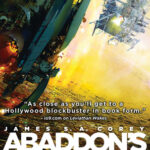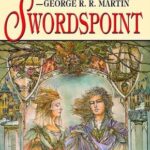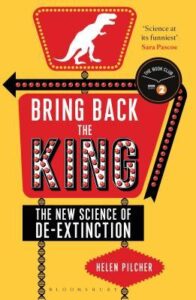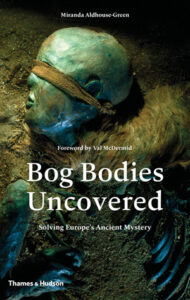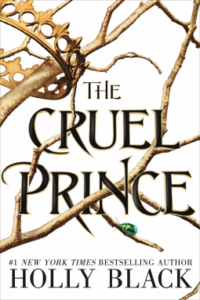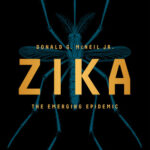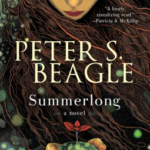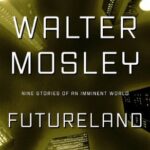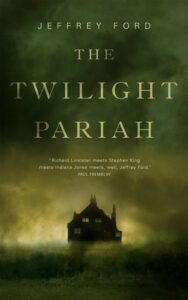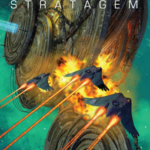 Connection Error, Annabeth Albert
Connection Error, Annabeth Albert
I originally received this to review, but ended up picking it up on the Kobo store when I needed a pick-me-up, rather later than the release date! It’s the third in a series, but it’s a loosely connected series with new main characters for each book; this one features Navy SEAL Ryan, an amputee, and game designer Josiah. Both of them have disabilities: Ryan is just learning to cope with being an amputee and going back to civilian life, while Josiah has ADHD which makes him impulsive and prone to forgetting the important things. This sets up a nice dynamic between the two of them, and I enjoy that it isn’t just plain sailing: Josiah blurts out the wrong thing several times, apologises awkwardly, etc, etc, while Ryan’s steady ability to look ahead and work things out helps Josiah steady himself.
It isn’t all plain sailing in terms of their relationship, either, starting with a casual sort-of-hook-up in a hotel while stranded by snow, supplemented by some gaming, and slowly growing into a stronger connection which both of them avoid naming or solidifying for far too long, despite their growing attachment. The emotional stuff between them is well-written, and their actions make sense: there’s no stupid misunderstandings that would just be solved by some basic communication, but rather genuine issues caused by their situations and personalities.
The exploration of Ryan’s new disabilities is well done, in my opinion; it explores some of the difficulties he has with physicality, some of the things he has to get used to, but he is also unequivocally still a sexual person. Josiah’s ADHD, too, is dealt with sympathetically.
There are quite a few sex scenes in this book, as with much romance (particularly queer romances); they’re well-written and don’t forget the characters’ limitations or characteristics, and though they’re not exactly essential to the plot, they are key in demonstrating how the relationship between the two men works and grows. The main thing that I enjoyed, though, is that it isn’t just about the sex, and we get windows into both characters as they navigate life. My only quibble is that sometimes the time jumps felt a little weird, and the formatting of the Kobo ebook made it difficult to tell what was actually typed and what was just thought during the gaming sessions.
Rating: 4/5



